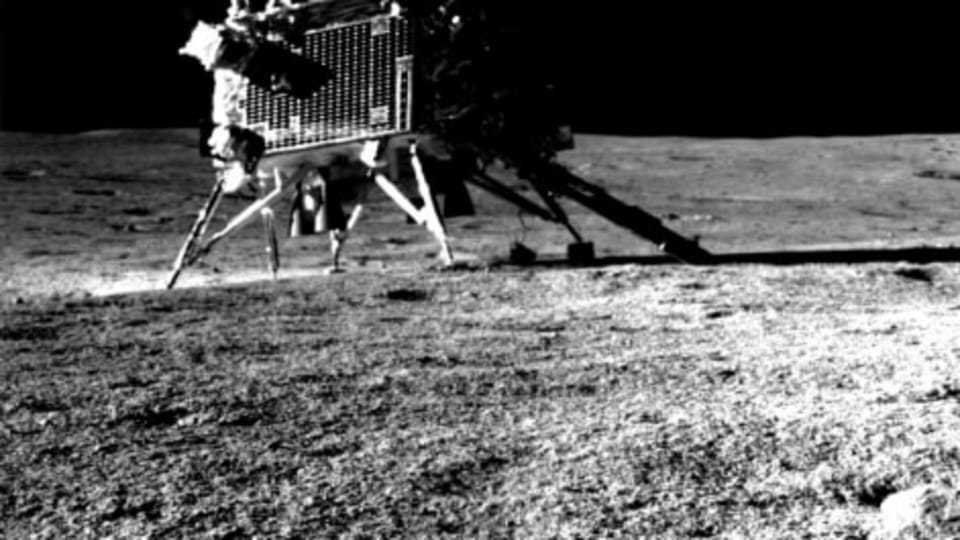Why Vikram Lander, Pragyan Rover may not come back from dead as ISRO tries to revive Moon mission
ISRO faces an uphill battle to reawaken Chandrayaan-3's Vikram Lander and Pragyan Rover on the Moon, amid challenging lunar conditions.

In a bid to revive the Chandrayaan-3 mission on the lunar surface, the Indian Space Research Organisation (ISRO) is facing a daunting challenge as they attempt to reestablish communication with the dormant Vikram Lander and Pragyan Rover. Despite their best efforts, no signals have been received from the lunar duo, leaving ISRO in a race against time to awaken these vital components of the Chandrayaan-3 mission on the Moon.
ISRO's determined efforts to contact the Vikram Lander and Pragyan Rover to assess their operational status have, so far, yielded no results. In a recent statement, ISRO reaffirmed their commitment to continuing their relentless pursuit of reestablishing contact with these lunar explorers, PTI reported.
The Chandrayaan-3 mission had successfully landed both the Vikram Lander and the Pragyan Rover on the Moon's surface on August 23. Their landing site, known as the 'Shiv Shakti Point,' promised to be a hub of scientific discovery.
Lunar Challenges and the 14-Day Lifespan
However, the moon's extreme environmental conditions posed a formidable challenge. As Suvendu Patnayak, a former deputy director of the Pathani Samanta Planetarium in Bhubaneswar, explained, the lunar nighttime temperatures plummet to a bone-chilling -250 degrees, rendering electronic components vulnerable. The Vikram Lander and Pragyan Rover were designed to function optimally for just 14 days on the lunar surface, operating exclusively during the moon's daytime when sunlight was available.
Why Vikram Lander, Pragyan Rover may not wake up
The reason has to do with the harsh weather conditions on the Moon, especially the extreme cold that sensitive electronic components on these machines cannot tolerate. "It is very difficult for a few electronic components to work in such a huge range of temperatures. So, it was expected it would not work after 14 days," Patnayak stated. Nevertheless, a glimmer of hope remains within the scientific community, with some experts expressing optimism that these lunar explorers may spring back to life.
As ISRO anxiously awaits any signs of life from its lunar explorers, the world watches with bated breath, hoping that these efforts to resurrect the Vikram Lander and Pragyan Rover will defy the odds and offer fresh insights into the mysteries of the moon.
Catch all the Latest Tech News, Mobile News, Laptop News, Gaming news, Wearables News , How To News, also keep up with us on Whatsapp channel,Twitter, Facebook, Google News, and Instagram. For our latest videos, subscribe to our YouTube channel.

























